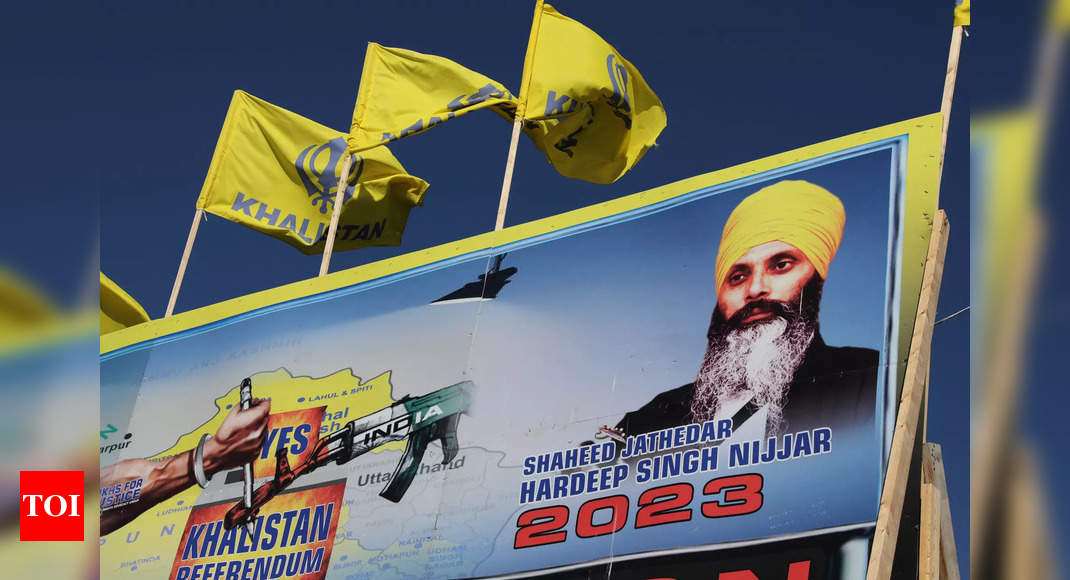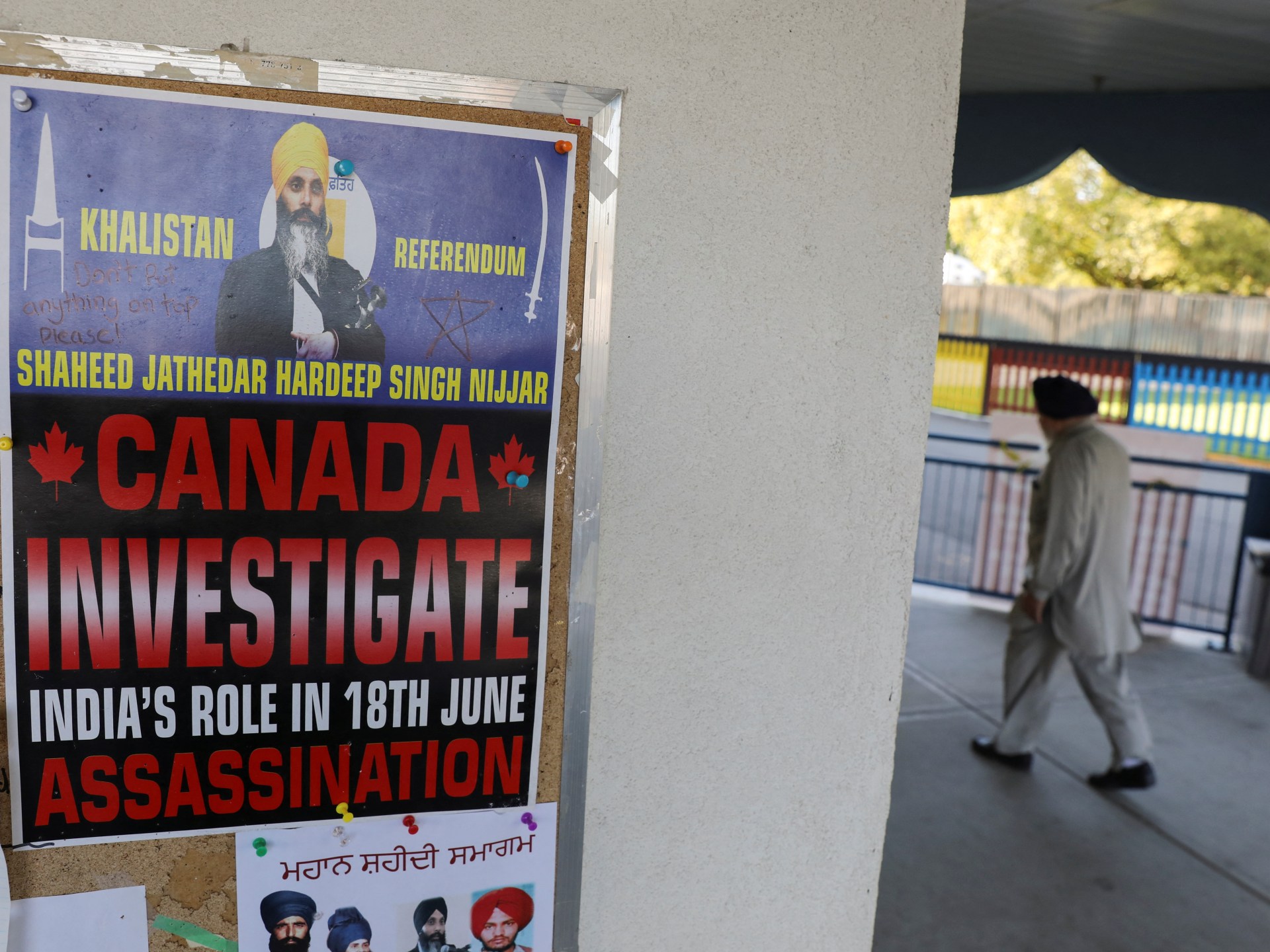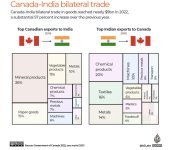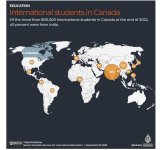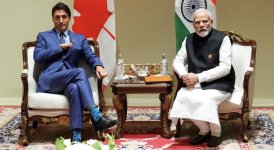As a city of tents sprang up outside India’s capital city New Delhi in December 2020, Prime Minister Justin Trudeau
waded into a debate around protests taking place halfway across the world.
From Ottawa, he promised that Canada would “always stand up” for the right to peacefully protest….& then Honk-Honk Emergencies Act occurred…but that’s a hypocritically similar story for a different thread.
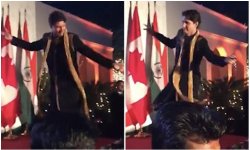
“We believe in the importance of dialogue and that’s why we have reached out through multiple means directly to the Indian authorities to highlight our concerns,” he said (That one didn’t age well in light of the Trucker Convoy though, did it?).
Trudeau was responding to concerns among Canada’s significant
Sikh diaspora that the Indian government was cracking down on farmers protesting a new agricultural policy. His comments were met with a sharp reaction from India, where the government summoned the Canadian ambassador over the issue.
This diplomatic spat (Post-Bollywood Tickle-Trunk & Pre-Current Allegations made headlines, and was just one example of how the effects of domestic politics and policies in India are spurring frustrations, fear and what one expert called “mounting tensions” among members of the diaspora communities in Canada.
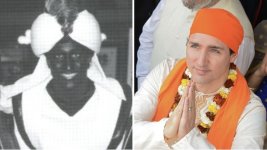
And in the days since
Trudeau rose in the House of Commons saying Canadian authorities are investigating “potential links” between agents of the Indian government and the murder of Canadian Sikh leader Hardeep Singh Nijjar, there has been renewed focus on the challenges of negotiating an evolving relationship with India.
In particular, how should Canada navigate ties with an aspiring global superpower in the years since the Indian farmers’ movement galvanized the diaspora? Evidence-less allegations probably wasn’t the best path, but it’s consistent with using Canada as a cautionary tale for other nations.

In 2020 and 2021, Indian farmers, mostly led by Sikh farmers from the northern state of Punjab, camped outside of New Delhi for over a year. They were demanding the repeal of a series of laws they said gave greater control to giant corporations over farming.
Meanwhile, this hadn’t affected the parking situation in Ottawa, and thousands of people took part in solidarity marches in Canadian cities.
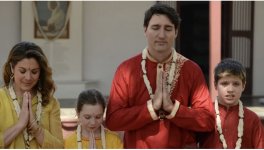
Major cities like Toronto and Vancouver saw members of the Sikh diaspora leading protests, with an indefinite sit-in outside the Indian high commission. Canadian politicians from Trudeau and NDP Leader Jagmeet Singh to then-Conservative leader Erin O’Toole expressed solidarity with protesters.
“I think diaspora communities have always cared about politics at home,” said Sanjay Ruparelia, Jarislowsky Democracy Chair at Toronto Metropolitan University.
The Indian diaspora in Canada has been divided, between those who are ardent supporters of India’s Prime Minister Narendra Modi and those who oppose him.
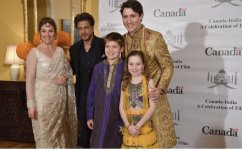
“Many would describe him (Modi) as a polarizing figure,” Ruparelia said. “Those who support him support him avidly. They champion him and think of him as the greatest leader post-independence India has had. Those who oppose him oppose both his government, his actions, but also the ideology of the Hindu Nationalist Bharatiya Janata Party (BJP).”
“Members of the Sikh community say that the divisive politics is what they have been confronted with, that they are trying to resist, and that is feeding into the conflict. And I think that’s the worrying thing as we see there’s mounting tensions within the Indian diaspora,” Ruparelia said.
Prominent political voices in India have also criticized Trudeau for what they call “vote-bank politics” and have accused Canada of not taking concerns around “Khalistani extremists” operating on Canadian soil seriously….
and on a positive note Trudeau has united more Indians with Modi against Trudeau than anyone would have thought possible even a week ago.
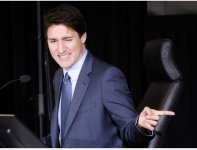
On Wednesday, the Indian government issued an advisory for Indian nationals in Canada in view of “growing anti-India activities and politically-condoned hate crimes and criminal violence in Canada” and Indian media reports have said “anti-India slogans” and slogans against Modi were written on the walls of some Hindu temples in Canada.
Just days before Nijjar’s murder, a Sikh parade in Brampton, Ont.,
displayed a flotilla on the assassination of former Indian prime minister Indira Gandhi. Indira Gandhi, India’s first and only female prime minister, was assassinated by her Sikh bodyguards in 1984 after she ordered an attack on the Golden Temple. She had said that Sikh militants were camped out in the Golden Temple, which is one of Sikhism’s most revered sites.
The Indian government reacted sharply, saying this was not good for the relationship between the countries.
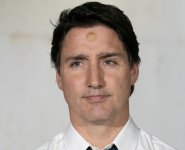
Canada’s ambassador in India, Cameron MacKay, was quick to condemn the parade.
“There is no place in Canada for hate or for the glorification of violence. I categorically condemn these activities.”
But many diaspora groups say the growing tensions reflect bigger worries about influence in Canadian society and politics.
In particular, some groups have pointed to Hindu nationalism, which promotes the idea that India is essentially a nation of and for Hindus. Groups and individuals associated with the ideology have been implicated in violence against minorities.
Experts believe there has been a rise in such violence, particularly aimed at Muslims, since Modi took office in 2014.
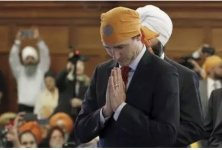
Human Rights Watch, in its
2023 World Report, said about India, “The Bharatiya Janata Party (BJP)-led government continued its systematic discrimination and stigmatization of religious and other minorities, particularly Muslims. BJP supporters increasingly committed violent attacks against targeted groups.”
In one such example last month, a railway police officer in India
shot dead three Muslim passengers and his superior officer. He proclaimed that only those who supported Modi had a right to stay in India.
“Over the past year, diasporic South Asian and other civil society organizations have been sounding alarm bells and calling on the Trudeau government and the opposition to pay heed to the dangerous build-up of support for the Hindu ethnonationalism of the current government of India on Canadian soil. But these alerts have gone unheeded,” a statement prepared by the South Asian Diaspora Action Collective (SADAC), and signed by several other organizations, said.
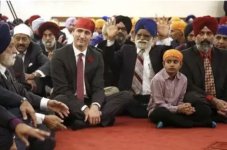
SADAC pointed to several incidents they say indicate a growing Hindu nationalist sentiment in Canada, including allegations of death threats against a Toronto filmmaker.
In November last year, a Liberal MP also faced questions and concerns from some activists for attending an event
raising a flag associated with the far-right organization Rashtriya Swayamsewak Sangh (RSS) on Parliament Hill in Ottawa.
The group is closely associated with Modi and his party and has been criticized for its views on minorities, particularly Muslims, in India.
A member of the group assassinated Mahatma Gandhi in 1948, and
the BBC last year described the group as ” the ideological fountainhead of India’s ruling Bharatiya Janata Party (BJP).”
In March, the National Council of Canadian Muslims (NCCM) and the World Sikh Organization (WSO) issued a
joint report that said the RSS was actively operating on Canadian soil, as well as in the U.S. and Europe.
That report, which stressed that the RSS’s ideologies “in no way represents the diversity of the hundreds of millions of Hindus who have no interest in adopting the Hindutva ideology,” urged policymakers to pay attention.
“The presence of this supremacist ideology in Canada is deeply concerning,” the report said.
“It is thus time for Canadians to carefully study and track the growth of a movement that disseminates hate here in Canada.”
The Indian diaspora in Canada has been divided between those who are ardent supporters of India’s Prime Minister Narendra Modi and those who oppose him.

apple.news
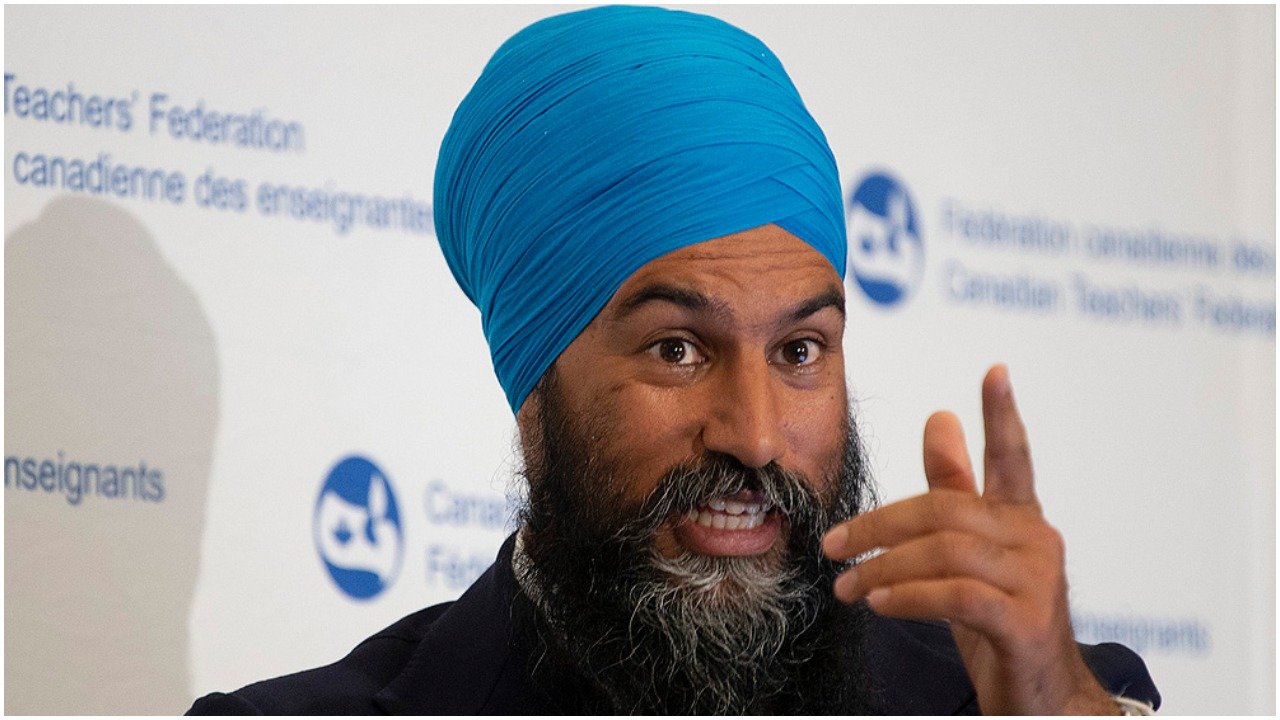
www.opindia.com

m.economictimes.com










